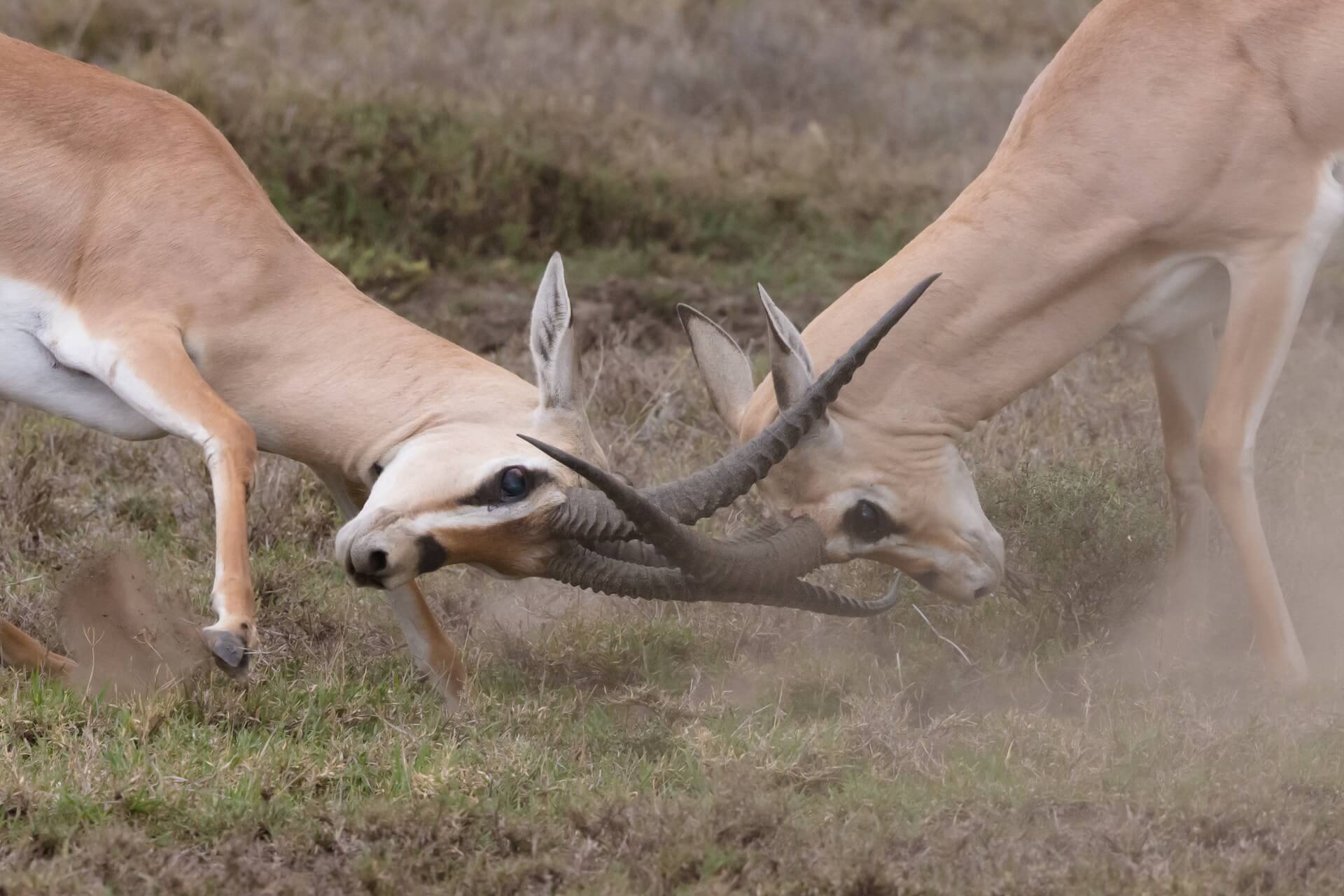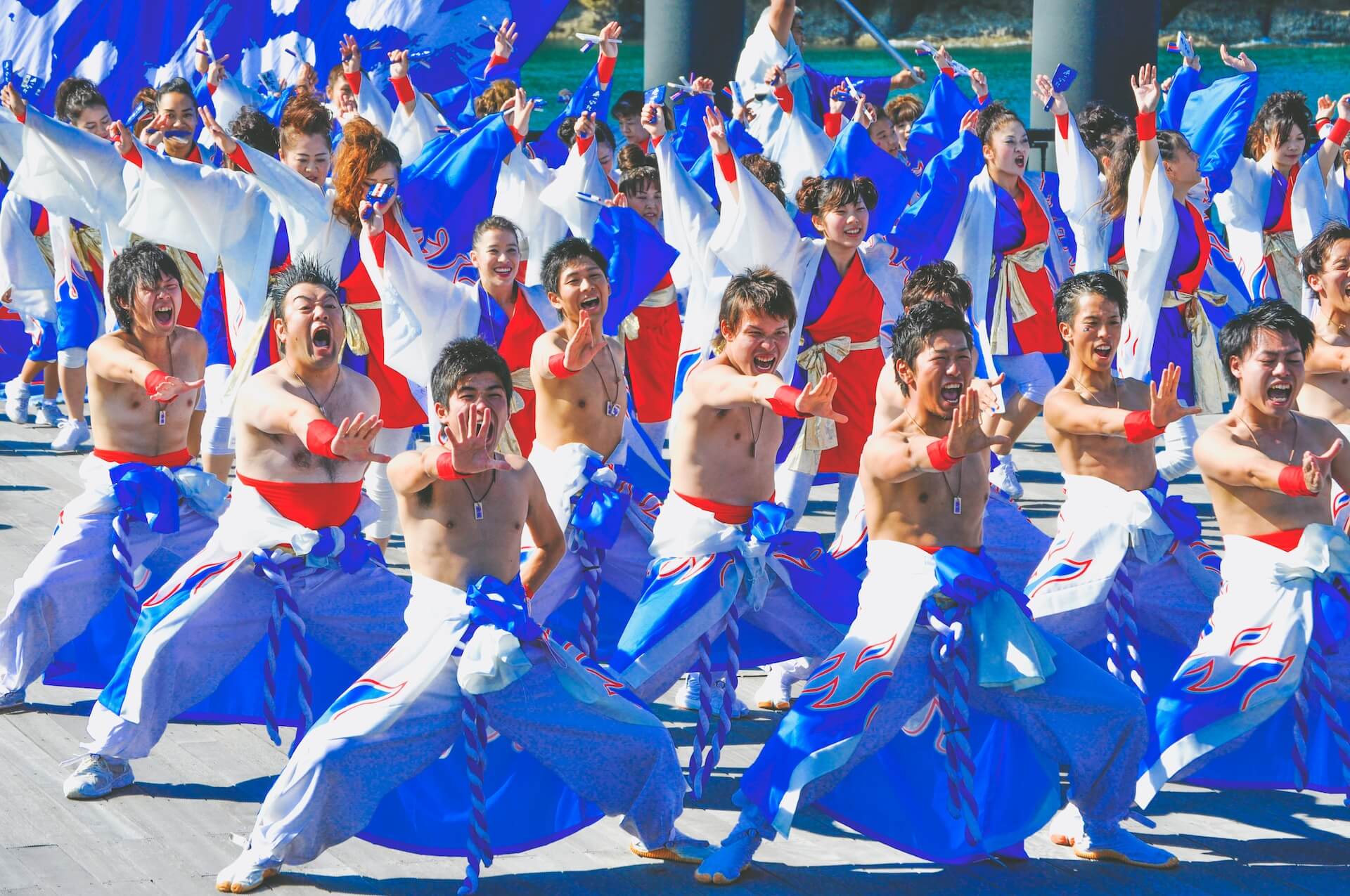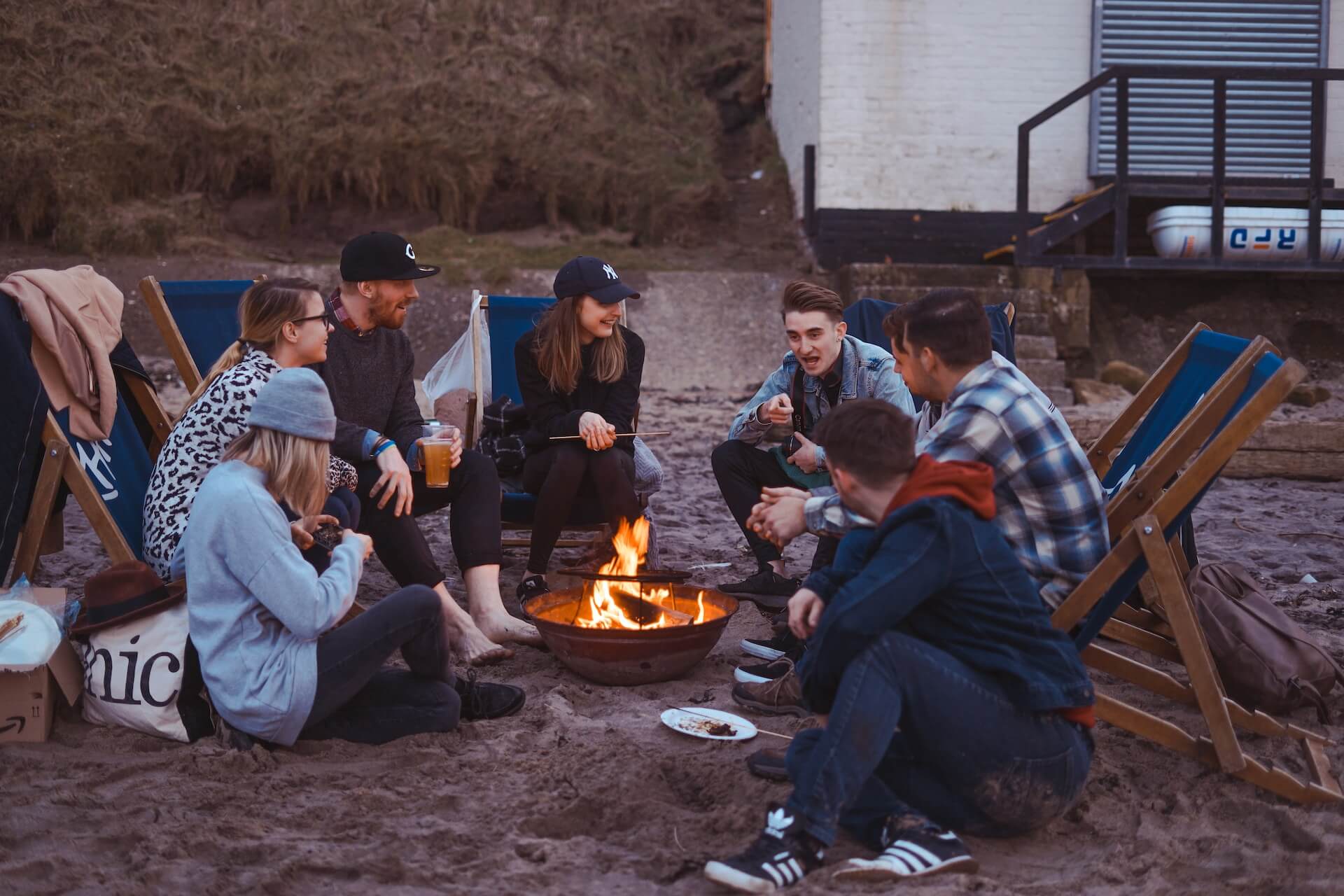
Fourth article on the Boooksprint that took place at the end of 2016 with the Boooksquetaires Goood!.
On this 3rd day of adventure, a whole new episode begins. Indeed, this second PI will focus on 2 main themes:
- THE heat shields allowing to make sure we are going to the right place (Culture Product), in the right way (Engineering Excellence)
- THE stabilizers guaranteeing support (Agile Management) and efficiency (Personal Mastery) necessary to keep the correct trajectory
Unlike the previous days, we will be 4 on site and a booksquetaire will be at a distance.
With a new objective, new spaces for discovery and a new team organization, the dynamics of PI #2 promise to be very different! 😉
The Boooksprint article series:
- Boooksprint: boarding the Agile Rocket
- Boooksprint: at the heart of PI # 1 (Part 1)
- Boooksprint: at the heart of PI # 1 (Part 2)
- Boooksprint: the distributed team experience
- Boooksprint: the end of the adventure
Road map
Following Grégory's departure, discussions were already emerging as to the organization of this next PI.

Indeed, there was a major difference with the previous PI: we didn't have anything really structured in terms of content this time around! We then had to build a backlog of ideas to fill our study themes. Julien and Arnaud then designed an iterative mechanism to allow us to think about and classify the subjects that will emerge from our discussions.

Our road plan for the next 2 days was organized as follows:
- The first half-day will aim to build our backlog and plan our writing scope
- The second and third will address our 2 main themes
- The last will focus on the finishing of the book
9.00 – Building the Backlog

Having one of our booksellers remotely, a tool was needed to be able to develop our idea backlog together.
Julien suggested that we use retrium, which he uses to perform retrospectives or other workshops with distributed teams. It was then as a true master of ceremonies that he facilitated our morning.
Here is a screenshot while building the Personal Mastery module:
The process implemented was as follows:
- A timebox was defined per module
- Everyone wrote down the topics that seemed relevant to them to address in the module.
- We carried out a grouping and then a categorization of the different proposals
- They were inserted as a guideline in the module-specific write file

Despite a still very good atmosphere within the group, the dynamic had changed. We were subject to technical problems related to the tool or the video, the exchanges were less fluid and we could feel that we were rowing a little more. After having enough elements in each part, we finally launched for the first Sprint of this second PI! 😉
Note: Clearing unfamiliar terrain is not a particularly pleasant task and we sometimes wanted to be too specific on certain topics. It probably cost us some time and pace.
11.00 – Start of the first Sprint

The first Sprint then begins with an update of the Visual Management. Christophe and Arnaud display the new modules and specific elements of Definition of Done.
The planning phase is quite fast and does not go as planned. Indeed, we are all going to start on a different module to clear the ground:
- Grégory will take care of the module Culture Product
- After some hesitation, Arnaud grabs the module Agile Management
- Julien volunteers to take the module Engineering Excellence
- Having one of my favorite subjects in the module personal mastery, I naturally jumped on it.
Christophe tackles the accessory but necessary parts of the book: the preface, the introduction, the 4th cover, the words of the authors... He will also play, as in the first PI, a role of PO to help us structure and homogenize our productions.
Note: With a rather early morning rhythm, Christophe had already started these parts so that the Agile Rocket Guide really looks like a book. It is true that we were so focused on the content that we had forgotten the form! 😉
12.00 – We test the waters

The first Standup was an opportunity to take the temperature in each of the modules:
- Arnaud started by defining the question and sketched out a piece of history
- Julien opted to ask content which will allow him to go back to the question later
- Grégory feels that he theorizes and explains many notions around the project/product culture and is afraid to expand. Difficult for him to position himself
- For my part, I went there with a good heart by recovering supports that I had already built before during a mission and am rather confident
You could feel like on our very first day of writing that we were struggling to get our bearings. Strengthened by the experience of the first PI, we had less difficulty getting into the writing, but we weren't really managing to give it substance.
I think that the change of objective, the search for a common thread and the new team organization brought us back down slightly into a Storming phase:

The end of Standup sounds lunch time which will probably help us regain strength! 😉
14.00 – Here we go again!
The afternoon is off to a flying start. The schedule doesn't even happen because we all already know what we're going to do before the next sync point.
For my part, I continue to refine my part on the Accountability process of Christopher Avery but I'm starting to wonder if the granularity I'm using is the right one. Indeed, if we wish to keep a certain homogeneity of the modules, that is to say about fifteen pages on average, the subject that I have just described already has 5! So there is a problem somewhere.
I decide to discuss it at the next synchronization point and begin to structure the rest of the module by laying the foundations for the other themes.
15.30 – Synchro

We have each made progress on our parts but it remains difficult to find a common thread. We are not very satisfied with what we have produced and we feel that a certain unease is setting in.
I take this opportunity to express my doubts about what I started to write and the fact that I would soon reach a dead end. I do indeed need feedback to know if I am going in the right direction. While waiting to get a return, I'm going to proofread the 4th cover and the introductory parts to make a first pass.
Julien tells us about his difficulties with his part, which he does not master very well. It is true that the Engineering Excellence module was probably one of the most difficult to grasp given the profiles that we had within the boooksquetaires. Christophe will give him a hand to try to give him some leads.
16.30 – Retrospective and pairing

Our first remote retrospective is going smoothly. We no longer use Post-its and the formalization of the first PI. It is especially important for us to share in order to be able to start the sequel with the least possible fears.
I for my part reached the famous dead point where I no longer know how to move forward. Indeed, I wrote the content of the other components of my module but without much conviction: I can't find a common thread which makes the whole thing very fragmented! I then decided to spend the next writing period in pairs with Arnaud to bring him, I hope, an outside perspective.
17.00 – The return of pairing

I start by doing a proofreading pass, which allows us in real time to be able to modify, correct and update certain elements. I take this opportunity to challenge Arnaud on the structure and the content: like me, he indeed put a lot of things on paper but without any real common thread to give meaning to everything. We discuss topics such as the empowerment of teams by the manager or the definition of the framework allowing everyone to take initiatives and flourish. It makes me think of circle of safety of Simon Sinek described in this efile on leadership and that I would like to share with him. We thus enrich the content together as our exchanges progress.
It is interesting to see that the discussion always brings out new ideas and that they seem to be just as structuring for me as for Arnaud. We work together but above all, we learn together ! 🙂
18.30 – Focusing and trinomage

Following a particularly quick synchronization point, we all go back to our respective sites.
Christophe completes his parts following proofreading and begins to pass on the particularly complete content of Grégory.

Meanwhile, Arnaud leaves to pair up with Julien to give him a hand. After a few re-readings and updates in my games, I'm going to join them for trinomial. Indeed, I'm still lacking inspiration on my side and I tell myself that I could perhaps help them with an outside perspective.

We are not advancing so much on the content as on the general organization of the module. Julien seems to have the same issues as us to find a path that speaks to him and on which he could unleash his full creative potential. He even comes to think that starting from scratch would be profitable for him to find a common thread that suits him.
7:30 p.m. – Fatigue sets in

The review is the time to take stock of what we have managed to produce so far.
The result is not very encouraging:
- Arnaud and I have made good progress on the content of our modules, but we can't find a link between the different themes covered.
- Grégory has produced soaring, the difficulty lies in the selection of subjects and the style of writing
- Julien is still struggling to find his bearings in the Engineering Excellence module
Morale is not at its strongest and you can feel that the accumulated fatigue of the previous 2 days is coming to an end. We even come to do a leaning retrospective!

The dinner is thus welcome to be able to regain strength and especially our spirits! 😉
Note: Note that we didn't go outside for lunch this time!
21.00 – the captain to the rescue

Having of course heard our cries of distress during the day, Christophe used his last strength of the day to give a course to his drifting crew! It was on his knees in front of his paper board that he presented his vision of the Agile Management modules, then Personal Mastery.
Here is the result for the module Agile Management :

Here is the result for the module Personal Mastery :

After a fluid and meaningful demonstration, it was with renewed motivation (and a hint of admiration) that we went to rest for the home stretch. I think it was at this critical moment that we could have changed, but that was without counting on Christophe, who played his role as captain brilliantly! 😉
Learnings
- We often had to disobey our original plans, not corresponding to our emerging needs of the moment
- THE changes in a team have a real impact on its productivity and general dynamics: despite the tools, distance plays an important role
- It is difficult to hold events when time is of the essence, but it is important to understand why they have value
- We work together but above all, we learn together
- A leader has the ability to turn a moment of doubt into thrilling energy







